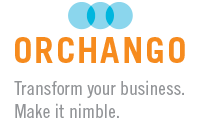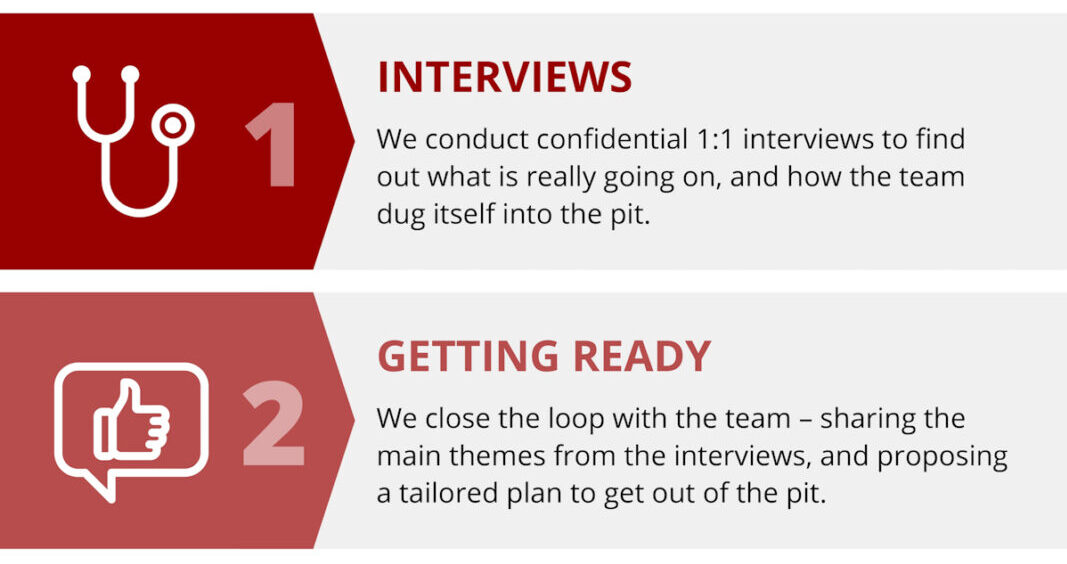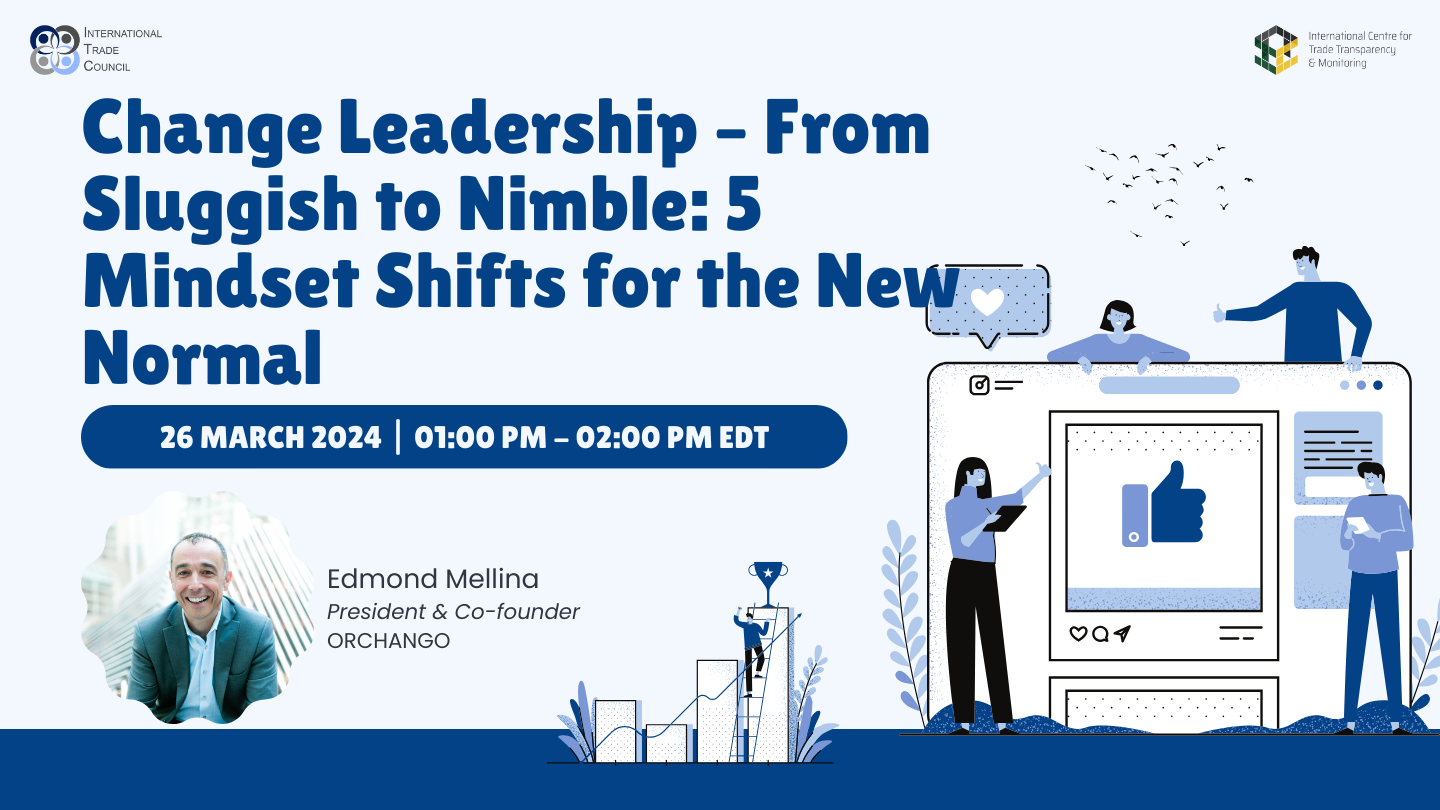How do you transform the dynamics of a team (leadership or otherwise) from dysfunctional to…
Boosting effectiveness through joint action-learning

Intel’s Laura Stepp shared the giant chip maker’s experience with organizational design at a recent SCNetwork (www.scnetwork.ca) event. Edmond Mellina wrote this short commentary for Canadian HR Reporter (www.hrreporter.com) after attending the conference. It’s about the power of action-learning.
In effective organizations, people learn together while moving forward. This point was reinforced for me when Intel’s Laura Stepp presented the systemic approach that Intel used to boost its organizational design capabilities: sound action-learning principles were weaved throughout the process.
There is nothing like a tough work challenge to re-open the learning mind of an experienced performer. Early in their careers, people are keen to attend traditional classroom-based development programs. Like goldfishes rushing up to the surface to gulp down the trickling food, these rookies are eager to grab any kind of learning, all the time.
Fast forward a few years: our rookies have become experienced performers. They are very busy; and they know a lot – at least they think they do. Not surprisingly, they would rather work on their ever expanding workloads than “wasting their time” in a classroom.
This mindset remains unchanged until they come across a tough problem they are struggling to resolve. The pain and frustration creates an opportunity: our experienced performers are once again ready to learn new things… as long as they can keep making progress on the toughest challenge at the top of their to-do list.
Reconciling these two objectives is the essence of action-learning.
Start with some learning in order to guide the actions. In theory, the participants in an action-learning program are supposed to extract learning from their problem solving – i.e. action first, learning second. But our struggling performers need tools and guidance to help tackle their challenge. There is no point in adding to their misery by asking them to keep working on the problem and try to learn in the process. It seems that Intel recognized this practical consideration: “LEARN” was the first step in its approach to organizational design.
Experience is the best teacher – but only if people take the time to reflect on their actions. Intel encouraged reflection by setting up a Wiki. The idea was for senior leaders and HR professionals to share their experience with organizational design projects. However, Intel should have gone one or even two steps further. In today’s fast pace organizations, it is not enough to offer people opportunities to stop and reflect. You have to “force” them regularly off the day-to-day treadmill of work. An effective way to do that is to insert facilitated group reflection sessions throughout the action-learning process.
Joint problem solving breaks down silos and fosters collaboration. There is nothing like a common enemy to turn infighting into unity. When a group of people from different functions work together on a tough challenge, the problem they are trying to resolve becomes their common enemy. The shared toolkit and language they learn bridge their differences. As they advise and support each other, they gain a better appreciation for their respective viewpoints and realities. Internal clashes and competition are replaced with mutual understanding, support and collaboration.
The process also encourages support functions to think business first – and people, technology, finance or marketing second. That is one of the hallmarks of effective organizations.
All too often in their quest for effectiveness, organizations fail to leverage the power of action-learning. Intel didn’t miss this opportunity. Your organization shouldn’t either. Seek opportunities to help cross-functional teams learn together as they collaborate to tackle tough organizational challenges.




This Post Has 0 Comments